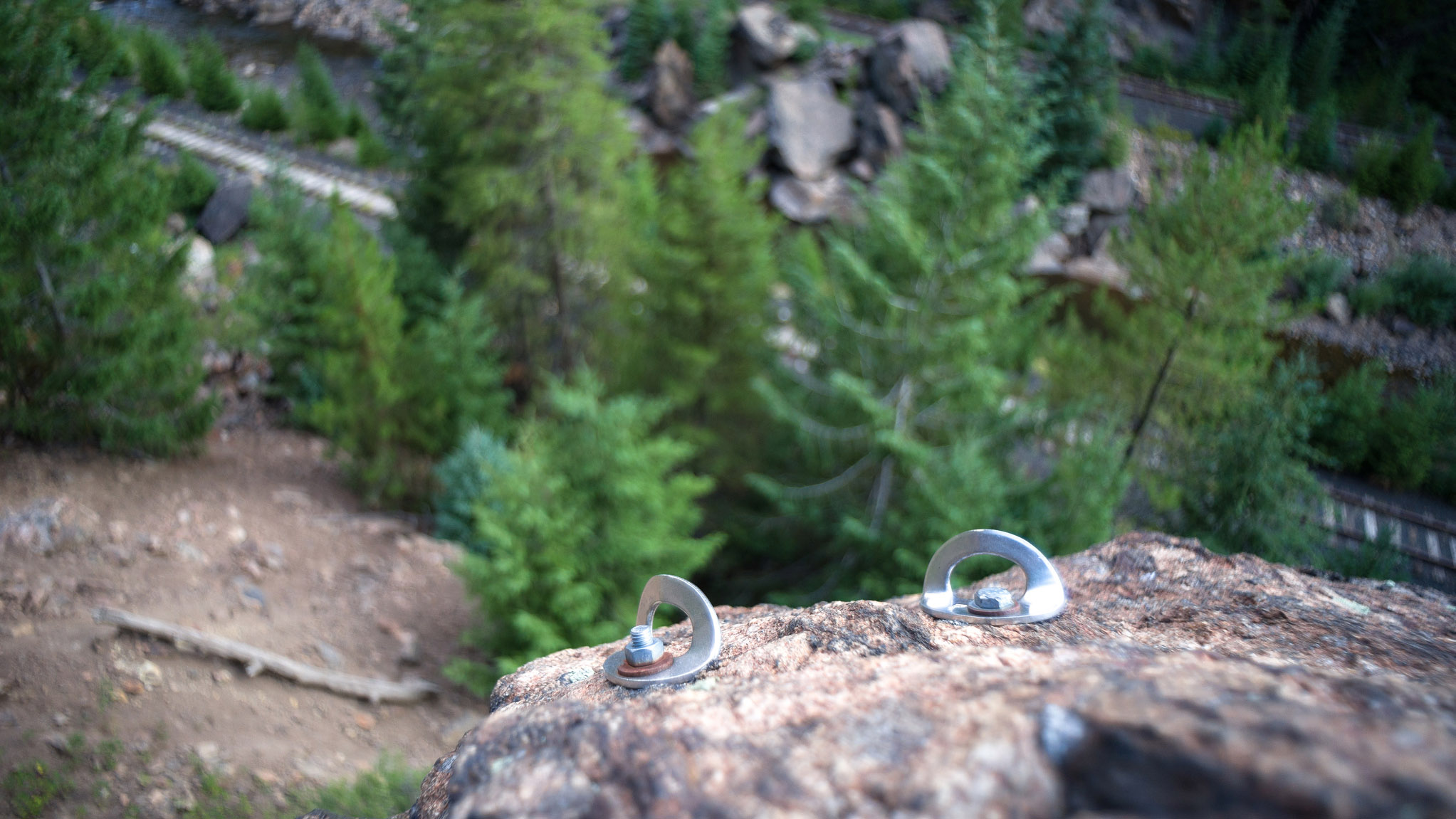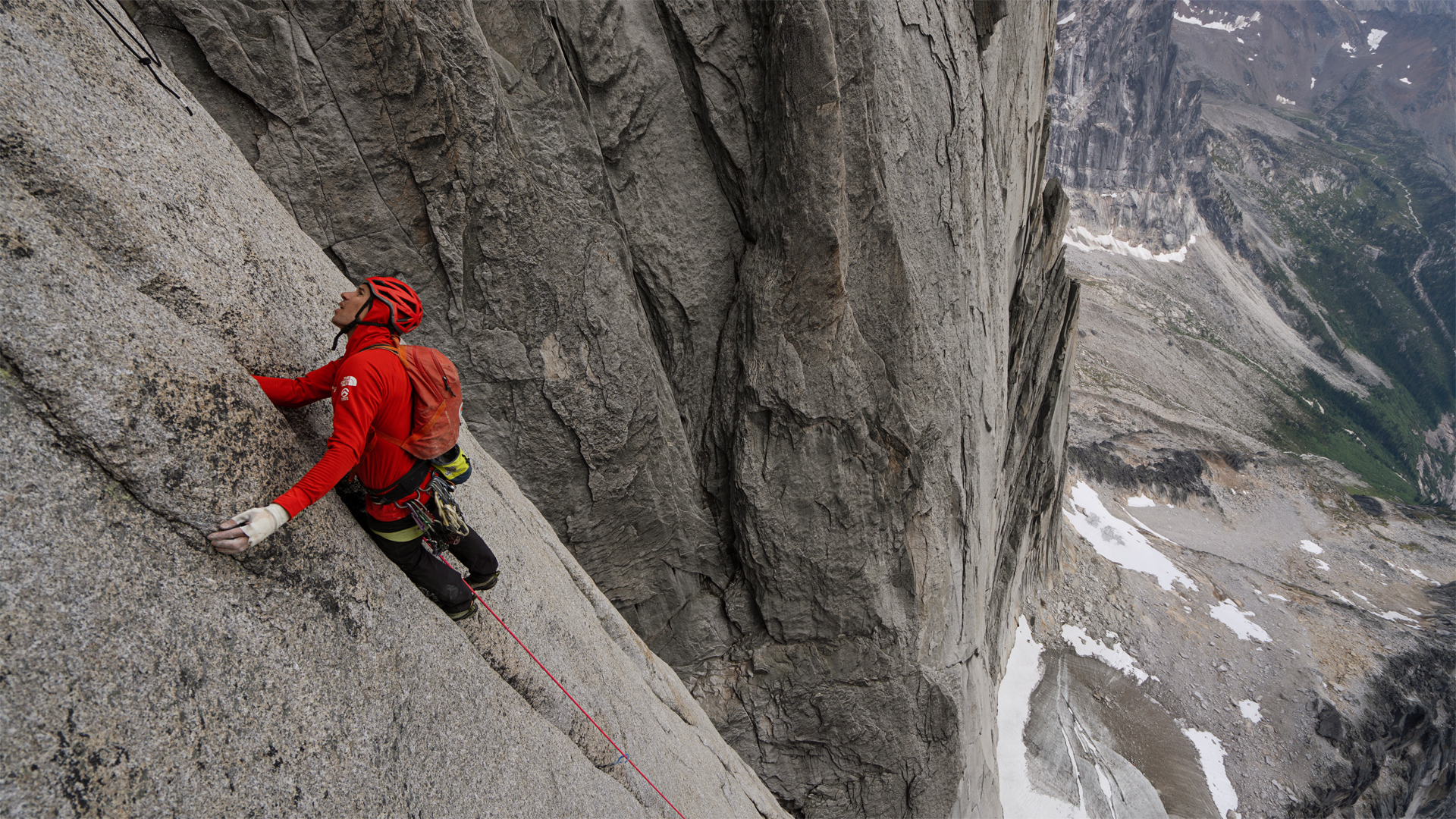Landowner closes access to iconic climbing crag, citing "climbers’ sense of entitlement"
The Zoo has long been considered one of the premier sport climbing spots in the southeast

An iconic sport climbing spot has been closed by a landowner who says climbers' "sense of entitlement" has led to the decision.
Known as The Zoo, the crag in Kentucky's Red River Gorge has long been one of the most popular climbing areas in the southeast. Over the weekend, Red River Gorge Climber's Coalition (RRGCC) announced on Instagram that it is now closed indefinitely to the public.
"For years, this area has been home to some of the most classic and challenging rock climbs, attracting climbers of all levels who have cherished its unique features, high quality climbing, and its central location in the heart of the Gorge."
In a text exchange with Climbing.com, landowner Brenda Campbell says she came to the decision because of a failure among some climbers to comply with the common principles of Leave No Trace.
“I closed it because of erosion around the bottom of the cliff, illegal camping, no upkeep on trails, and continued installation of climbing bolts and screws on fragile sandstone cliffs. I resent the climbers’ sense of entitlement – that they can climb anywhere and do anything to private property without permission and leave it a mess."
The RRGCC, a non-profit dedicated to securing and protecting access to rock climbing in the Red River Gorge, urges all climbers to respect the no trespassing policy now in place and says the closure serves as a "stark reminder" of why it's so important to secure land access for climbing.
"This situation highlights the challenges of climbing area access and is a reminder of the importance of land ownership for the climbing community."
Advnture Newsletter
All the latest inspiration, tips and guides to help you plan your next Advnture!
Rock climbing etiquette
As with hiking, it's important to always respect trail closures and to follow the principles of Leave No Trace such as packing out all your trash (and poop) and respecting wildlife.
Additionally, your climbing chalk makes a big mess and isn’t thought to be great for the environment either. Use it sparingly, clean it off after you climb, or find a less harmful alternative. Learn more in our article on climbing chalk.
Finally, even if the National Park Service has abandoned plans to ban climbing bolts in the wild, it's important that you don’t drill bolts or leave permanent gear in the wall. You can learn more in our article on rock climbing etiquette.
Julia Clarke is a staff writer for Advnture.com and the author of the book Restorative Yoga for Beginners. She loves to explore mountains on foot, bike, skis and belay and then recover on the the yoga mat. Julia graduated with a degree in journalism in 2004 and spent eight years working as a radio presenter in Kansas City, Vermont, Boston and New York City before discovering the joys of the Rocky Mountains. She then detoured west to Colorado and enjoyed 11 years teaching yoga in Vail before returning to her hometown of Glasgow, Scotland in 2020 to focus on family and writing.

